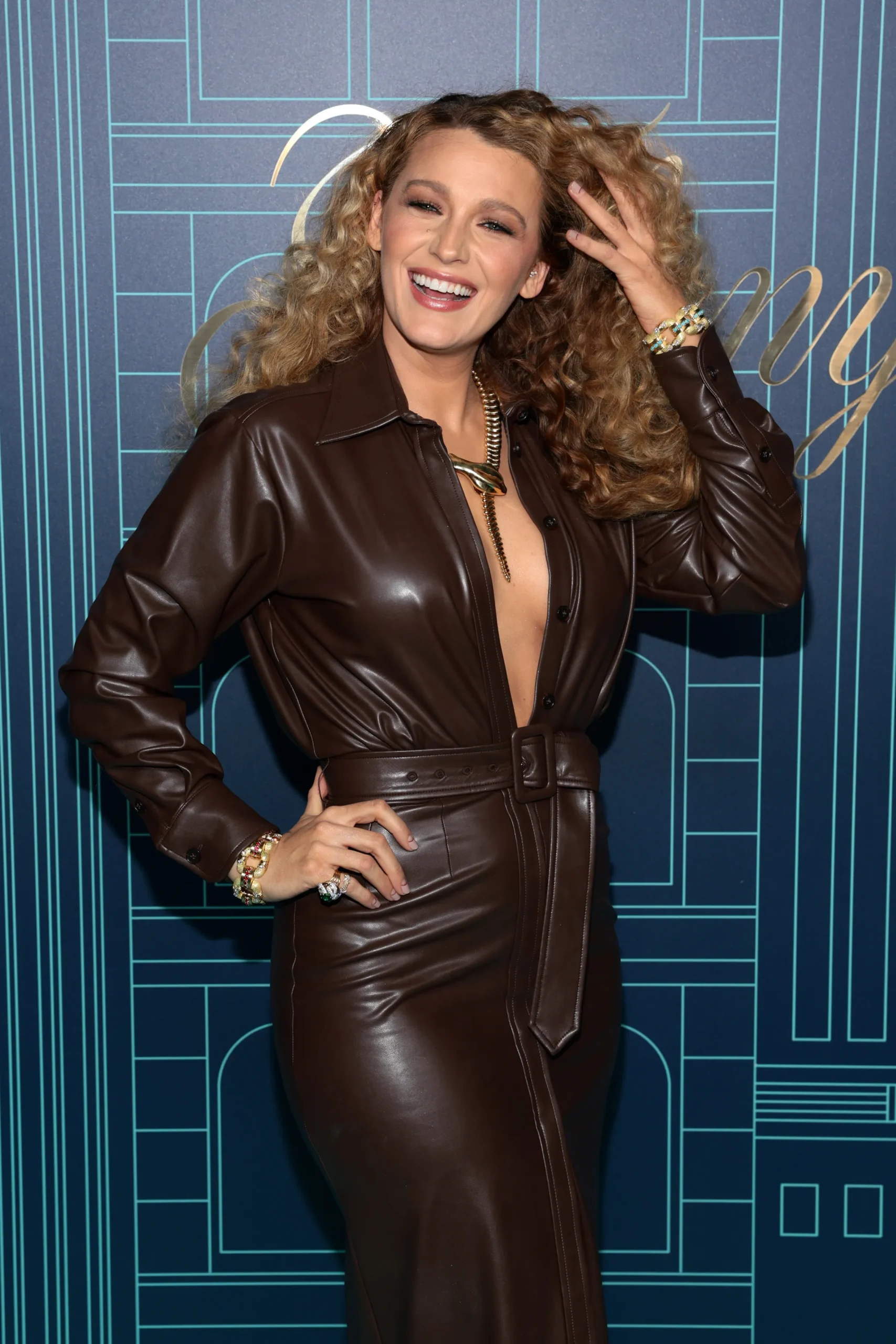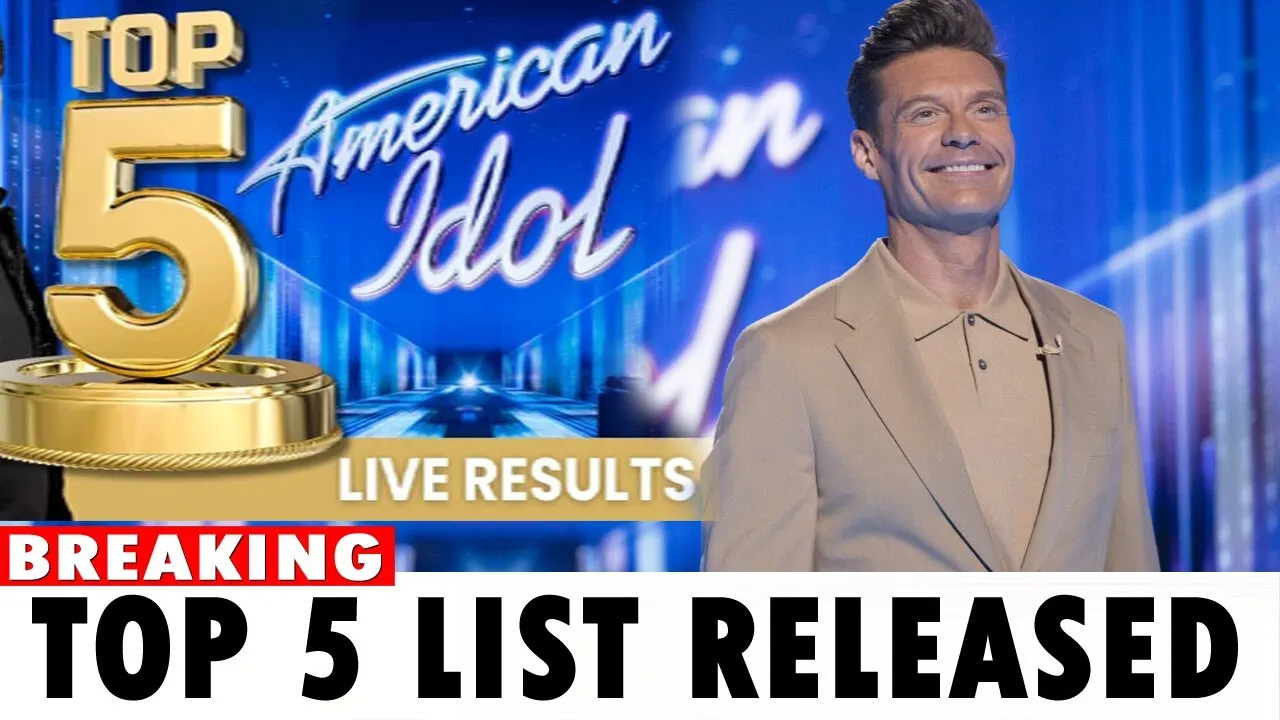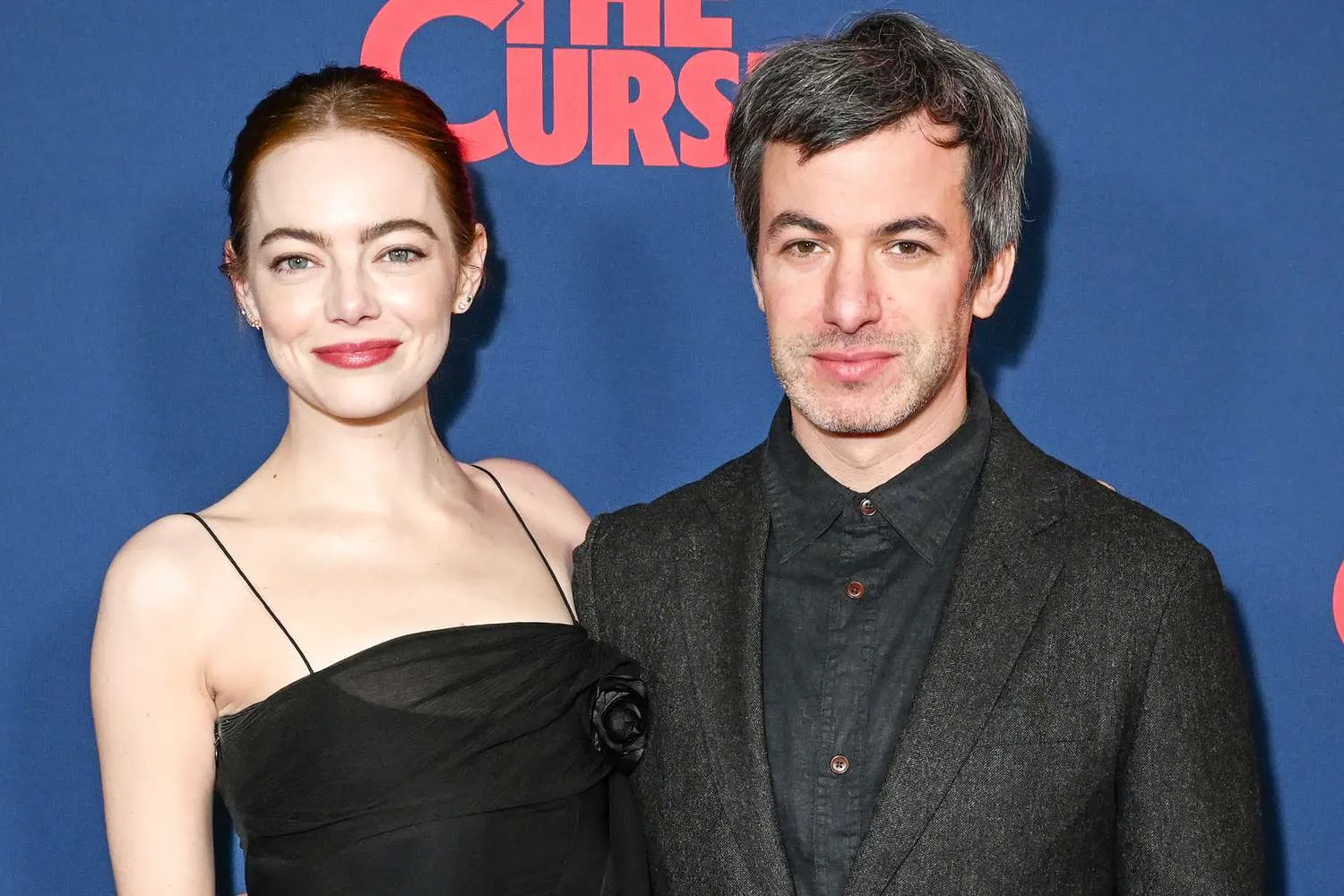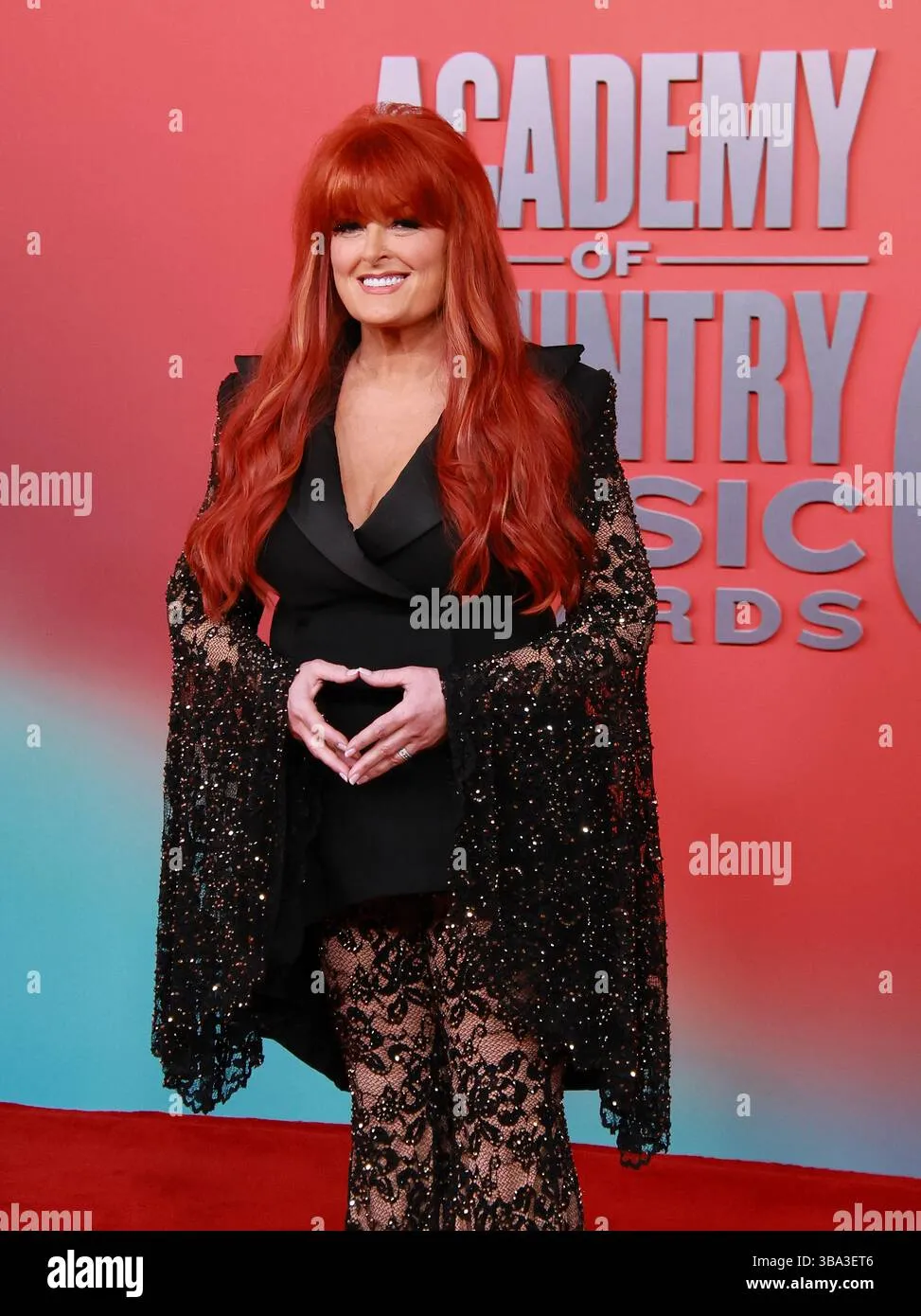Blake Lively’s Controversial Press Tour: Is She Selling a Movie or a Brand?
In the high-stakes world of Hollywood marketing, Blake Lively has found herself at the center of a storm surrounding her promotional campaign for It Ends With Us, a film adaptation of Colleen Hoover’s bestselling novel about domestic violence. What began as a seemingly standard press tour has evolved into a complex narrative of celebrity branding, sensitive storytelling, and public perception.
The Film’s Sensitive Subject Matter
It Ends With Us tackles the deeply challenging topic of domestic abuse, telling the story of Lily Bloom (played by Lively) as she navigates a traumatic relationship. The film, based on Hoover’s critically acclaimed novel, promised to be a powerful exploration of survival and resilience. However, Lively’s approach to promoting the movie has raised significant questions about her understanding of the film’s core message.
A Promotional Strategy Under Scrutiny
During her press tour, Lively seemingly transformed the film’s serious narrative into what many perceived as a lifestyle marketing opportunity. A viral TikTok clip captured her encouraging viewers to “grab your friends, wear your florals, and head out to see it” – a statement that struck many as tone-deaf given the film’s heavy subject matter.
Key Controversies:
-
Branding Over Substance: Lively appeared more focused on promoting her personal brands:
- Blake Brown haircare line
- Betty Buzz beverage company
- Her personal fashion aesthetic
-
Disconnect from Film’s Theme: Critics argued that her promotional approach minimized the serious issues of domestic violence portrayed in the film.
Behind-the-Scenes Tensions
Reports have suggested underlying tensions between Lively and director Justin Baldoni. Allegations include:
- Disputes over creative control
- Controversial discussions about Lively’s physical appearance
- Potential disagreements about the film’s narrative approach
Social Media and Public Response
The backlash was swift and widespread. Social media platforms became battlegrounds of criticism, with users expressing profound disappointment in Lively’s promotional strategy. Domestic violence advocates particularly criticized her approach, arguing that she missed a crucial opportunity to raise awareness about a critical social issue.
A Pattern of Controversial Branding
This isn’t Lively’s first encounter with public criticism. Her previous ventures, including the now-defunct lifestyle brand Preserve and her wedding at a plantation, have similarly drawn scrutiny. The It Ends With Us press tour seems to be a continuation of a pattern of potentially insensitive personal branding.
Box Office vs. Critical Reception
Despite the controversy, the film has demonstrated significant commercial success:
- Box Office: Approximately $344.6 million
- Critical Response: Mixed reviews reflecting the divided public opinion
Industry Implications
The situation raises broader questions about celebrity marketing, film promotion, and the responsibility of public figures when addressing sensitive topics. Lively’s approach has prompted discussions about the delicate balance between personal branding and meaningful storytelling.
A Moment of Reflection
While Lively’s intentions may not have been malicious, her press tour has highlighted the importance of nuanced, sensitive communication when discussing complex social issues. The controversy surrounding It Ends With Us serves as a potential learning moment for celebrities and marketers alike.
Conclusion
Blake Lively’s press tour for It Ends With Us has become more than just a film promotion—it’s a case study in the complexities of celebrity culture, brand management, and social responsibility. As the dust settles, one thing remains clear: the conversation is far from over.
Note: This article is based on current reporting and public discourse surrounding the film and its promotion.






Leave a Comment